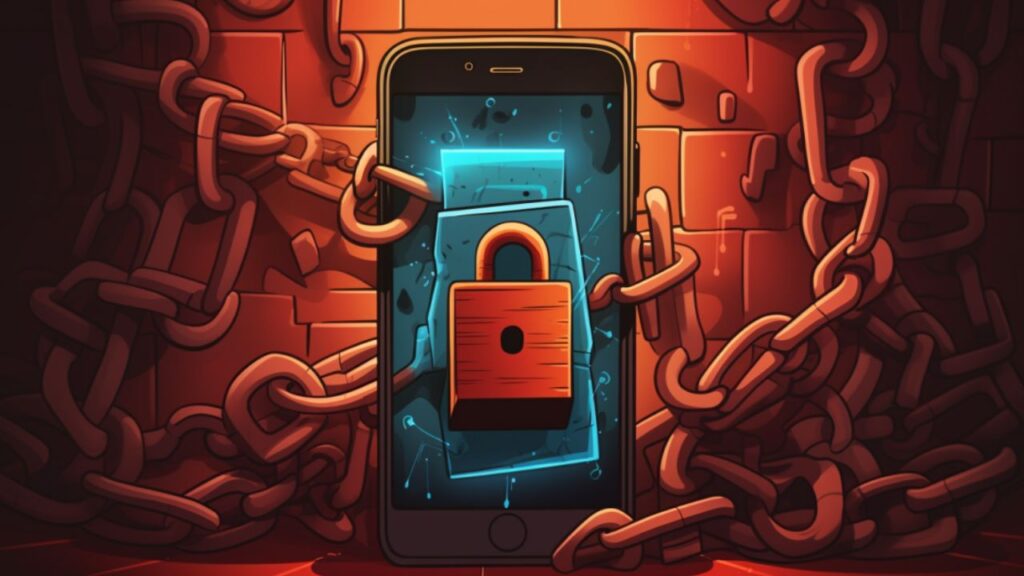
The world of online dating is brimming with excitement, new potential matches, and a whole host of novel social interactions. But beneath the sleek interfaces and easy swiping lies an often overlooked element of these platforms: their privacy policies. The importance of understanding the implications of these documents can’t be overstated. The fine print typically glossed over by eager users details exactly how these applications handle the plethora of data generated during your digital courting adventures. These policies define the boundaries (or lack thereof) around what is done with your information, shaping your entire dating app experience and potentially your real-life one.
Whenever you decide to dip your toes into a new dating pool, one of the first steps is agreeing to the platform’s terms and conditions. More often than not, this involves skimming over or completely bypassing an exhaustive, legal document that details the app’s data handling practices. By clicking ‘I Accept’, you’re not just keenly jumping into a pool of potential partners; you’re also signing off on a comprehensive plan detailing what the app can do with your personal data. And when we talk about personal data in the context of dating apps, it’s pretty personal – from your location, physical preferences, personal interests, chat messages, and in some cases, even your contacts.

A privacy policy isn’t just a passive piece of text but a powerful tool that dictates the flow of your information on the platform. It outlines which pieces of data the application will collect, whether that’s necessary for its operation or extra information that aids in optimizing your match potential or for marketing purposes. Furthermore, these policies also describe how your data is used, who gets to see it, and the conditions under which it can be shared with third parties. So, while it might seem like a boring read, a privacy policy plays a vital role in determining how intimate your relationship with your dating app truly is.
Ignoring these digital contracts can lead to unexpected and unwanted outcomes. For one, many dating apps use the data they collect to curate a more personalized advertising experience. In layman’s terms, your dating preferences could influence the advertisements you see across different platforms. In a less benign scenario, unchecked data-sharing agreements can lead to your data being sold or leaked, leading to a breach of your digital privacy. In extreme situations, this could even result in identity theft or financial fraud.

Dating app privacy policies, while unique to each platform, share certain common elements. They’ll usually detail what data they collect (names, photos, messages, location, etc.), how they use it (matchmaking, advertising, user experience optimization), who they share it with (third-party advertisers, analytical services, law enforcement if necessary), and how they protect it. They also outline the rights you have concerning your data, such as requesting a copy, modifying it, or even deleting it entirely, and how to go about exercising these rights.
Privacy policies are often dense, filled with legal jargon that can be intimidating to the average user. Common terms like ‘third-party sharing’, ‘data processors’, ‘data controllers’, and ‘encryption’ can seem daunting but are crucial in understanding how your data is handled. While ‘third-party sharing’ refers to the app sharing your data with external entities, ‘data processors’ and ‘data controllers’ pertain to the entities that handle your data. ‘Encryption’ refers to how your data is protected during storage and transmission.

While it might seem like a drag, taking the time to read through a dating app’s privacy policy is one of the best ways to protect your digital privacy. It not only helps you understand what you’re getting into but also provides you with valuable insights into how to manage and protect your data on the platform. A good starting point is looking out for what data is collected, how it’s used, who it’s shared with, and your rights concerning your data.
Many dating apps offer privacy tools and settings that allow you to control how your data is used. This can range from adjusting who gets to see your profile, managing your public visibility, to opting out of data sharing with third parties for advertising purposes. By understanding and utilizing these tools, you can take an active role in protecting your digital privacy on these platforms.
While privacy policies can be complex, they are integral to our modern digital landscape, especially in sectors as personal as online dating. Knowledge is power, and understanding these policies is the first step towards securing your digital privacy. As we move forward in the digital age, it’s important that we, as users, make the effort to understand the ramifications of these digital contracts that we so readily agree to.
And here’s a question for you, dear reader: Have you ever read a dating app’s privacy policy in its entirety? Why or why not? Let’s continue this conversation and build a community that values and prioritizes digital safety in the realm of online dating.
Born in the grit and grind of Detroit, Daniel Firewall's journey has been anything but easy. From an early age, he displayed a knack for understanding systems and breaking codes. His keen analytical mind and relentless pursuit of knowledge led him to become a respected figure in the field of cybersecurity.
Daniel believes in maintaining a balance between the heart and the mind, especially when it comes to online dating. He is fiercely protective of his readers, ensuring they are well-armed with the knowledge and tools they need to navigate the treacherous waters of online dating securely. His mission is simple: ensure everyone can search for love without fearing for their safety.